Former President Donald Trump announced he expects to be arrested on Tuesday. The case, over a hush-money payment made to adult film star Stormy Daniels in 2016, is politically explosive, but its legal basis is precariously thin.
In an all-caps post to his Truth Social platform on Saturday morning, Trump encouraged his supporters to protest against a case that has spanned the last six years.
At the heart of the case is a $130,000 payment Trump made to Daniels so she would keep quiet about an alleged affair between the two.
The Case’s Tumultuous History
Manhattan District Attorney Alvin Bragg will attempt to prove that move was done explicitly for election purposes instead of any other rational, such as preserving Trump’s marriage or reputation.
It’s an extremely difficult motive to prove, as shown by the failed prosecution of former presidential candidate John Edwards, who faced a much stronger charge involving much more money.
The case has been rejected by multiple agencies over the course of Trump’s presidency and beyond. In fact, the Southern District of New York’s U.S. Attorney’s office, while investigating Trump for various other potential infractions, rejected the very premise of this case.
Even Bragg himself found the case lacking, as he effectively shut it down after taking office. The two lead prosecutors on the case resigned in protest after Bragg’s move and launched a public campaign to force a reversal.
It worked, and Bragg picked the case back up.
The Potential Charges
The attorney’s office has not disclosed what charges Trump might face in the anticipated indictment.
Most likely, it will fall under Section 175 of the state’s penal law code regarding falsifying business records.
The charge would typically be a misdemeanor, but the attorney’s office will attempt to convert it to a Class E felony by showing the “intent to defraud includes an intent to commit another crime or to aid or conceal the commission thereof.”
The alleged “other crime” involved would be federal election violations that the Justice Department previously declined to charge Trump over.
It is imperative for Bragg’s office to prove a felony offense as the statue of limitations is just two years for misdemeanor charges. Even if he can convert the charge, he faces another battle to establish to start time for the felony’s five-year limitation.
From the start, the case has reeked of political bias. In the end, what could become an easy victory for Trump may ultimately elevate his standing in the 2024 election.

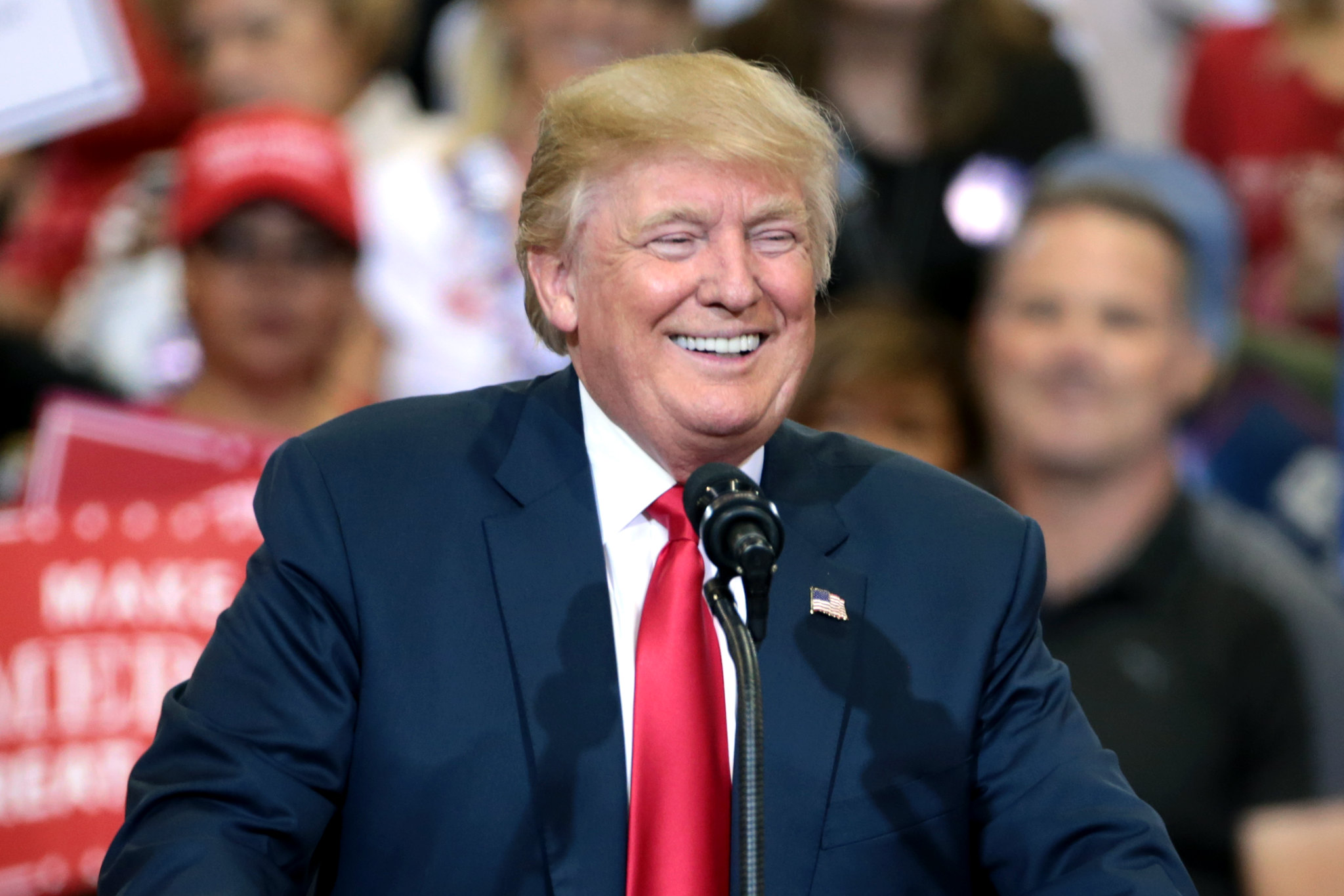


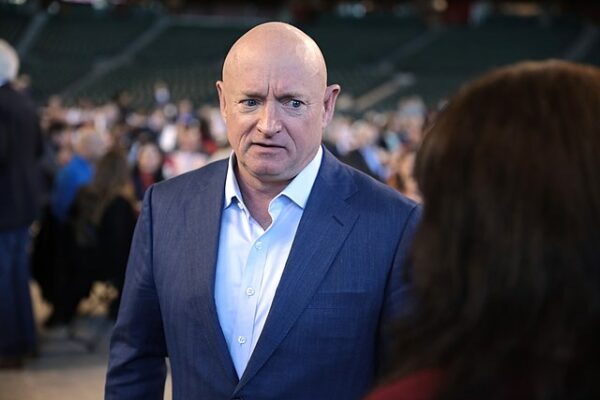

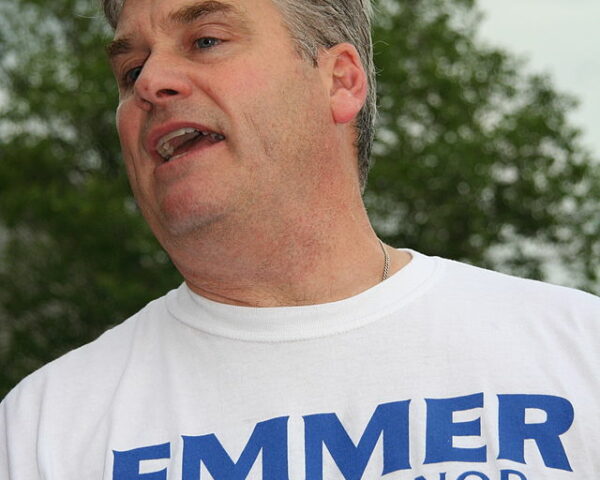
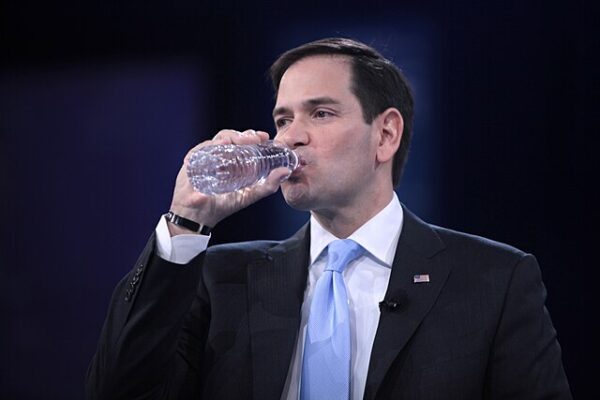
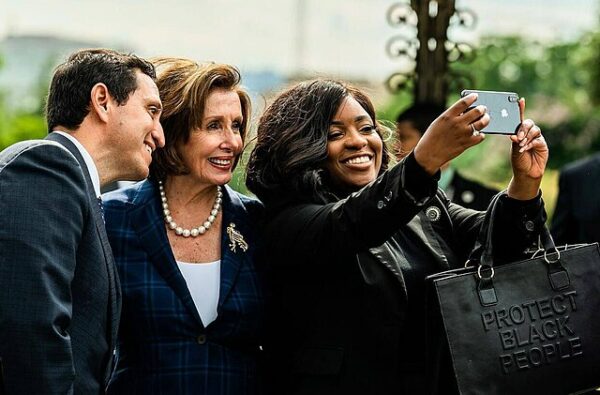
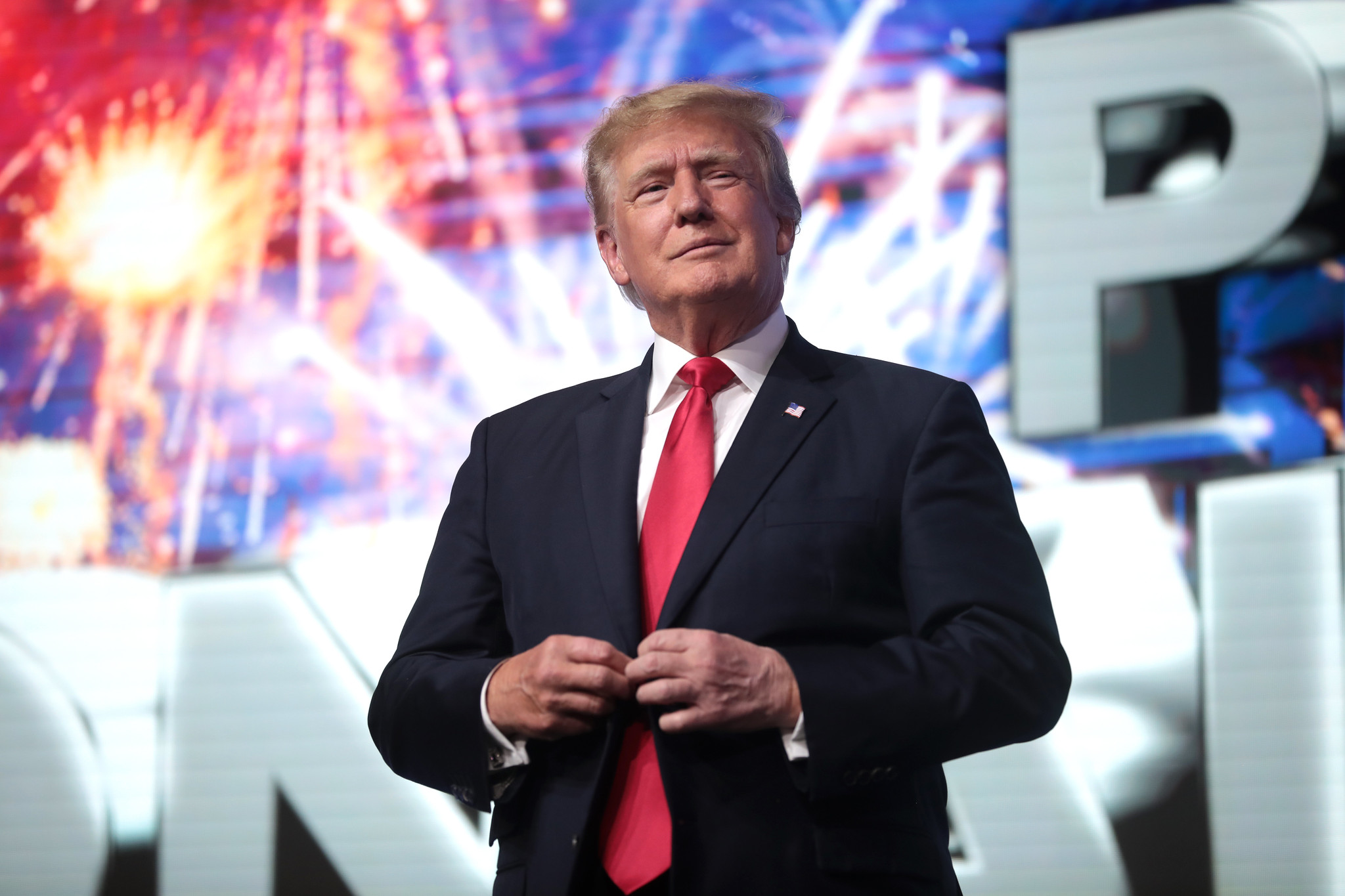
A witch hunt. Totally political